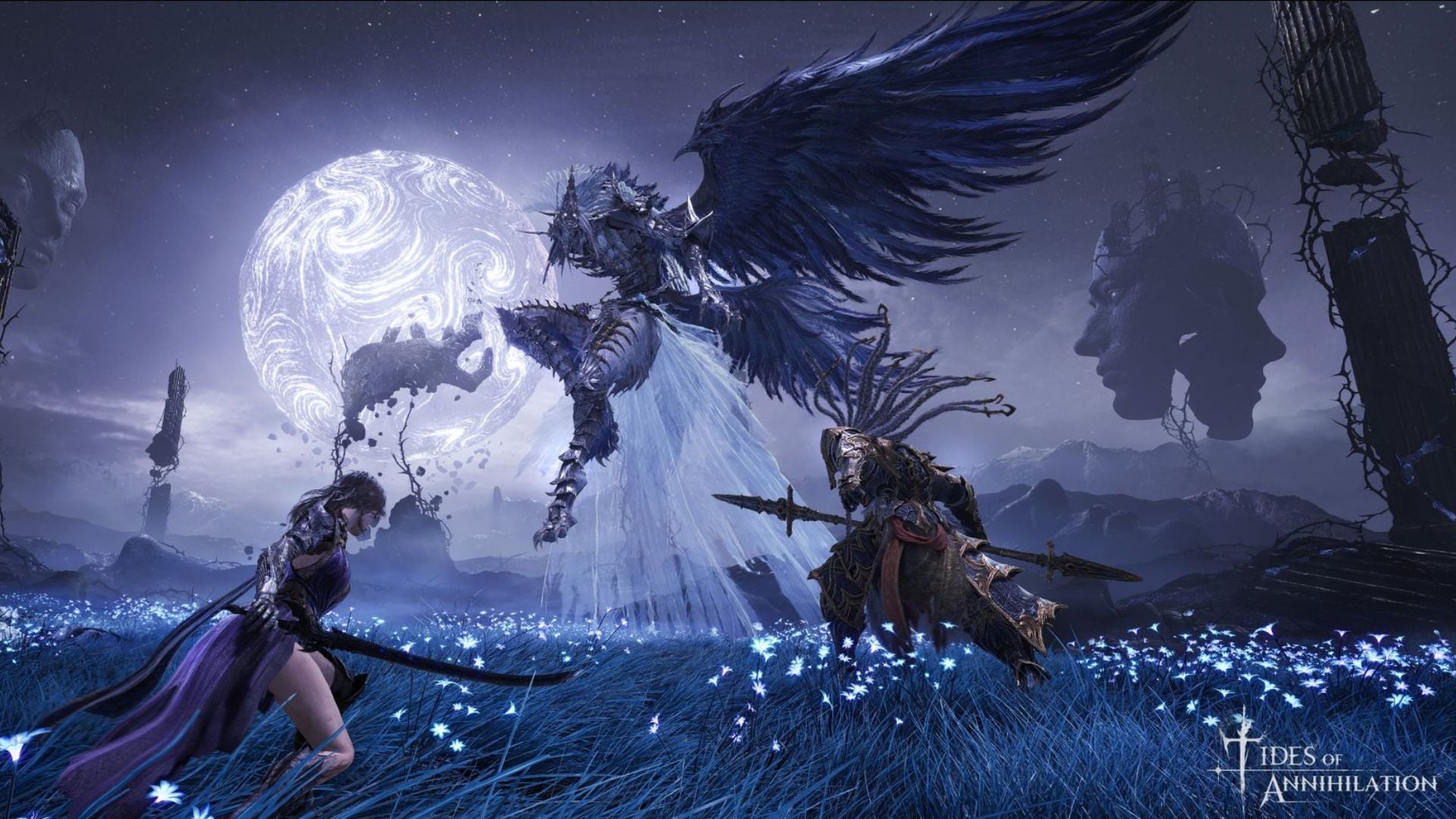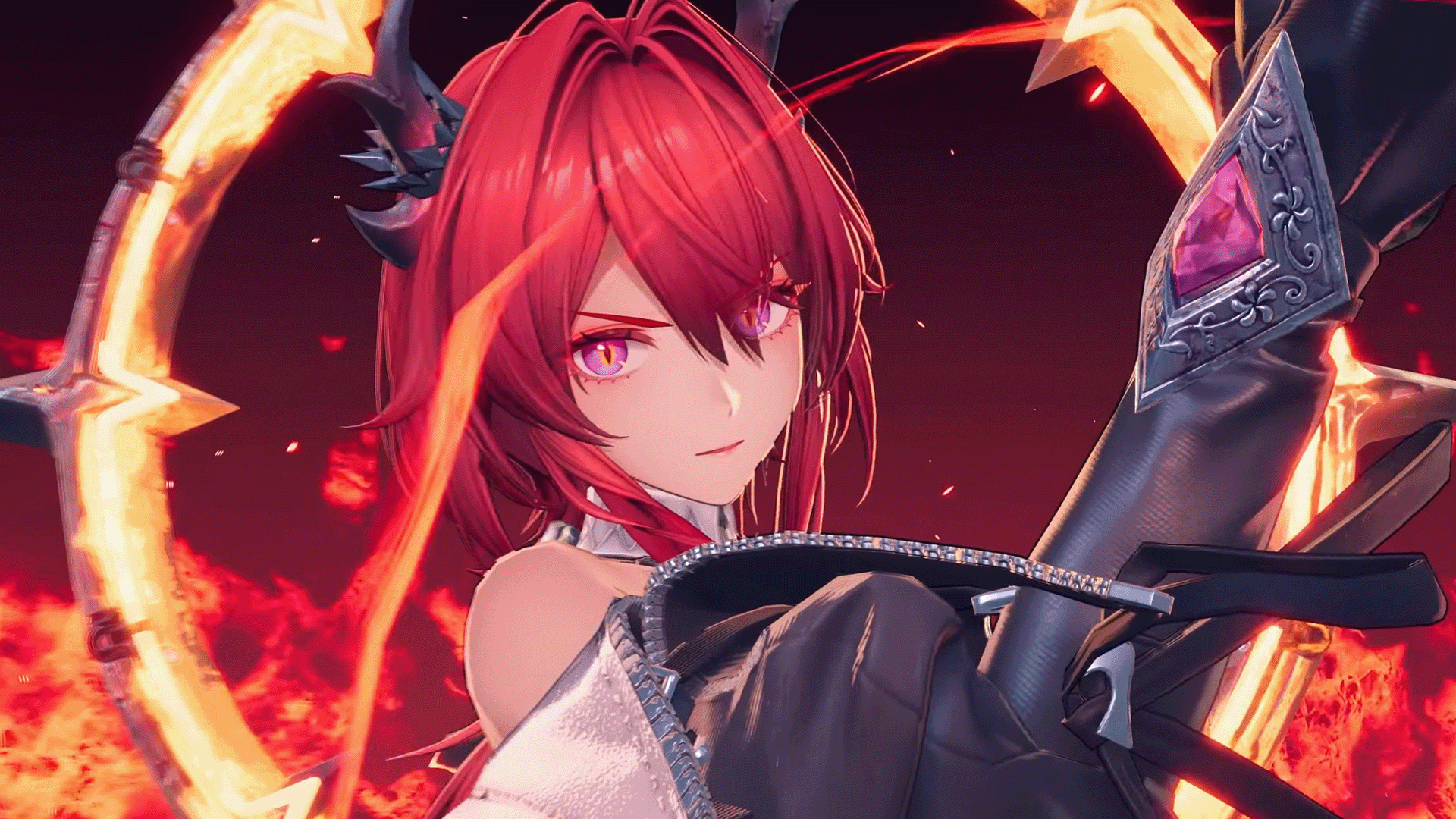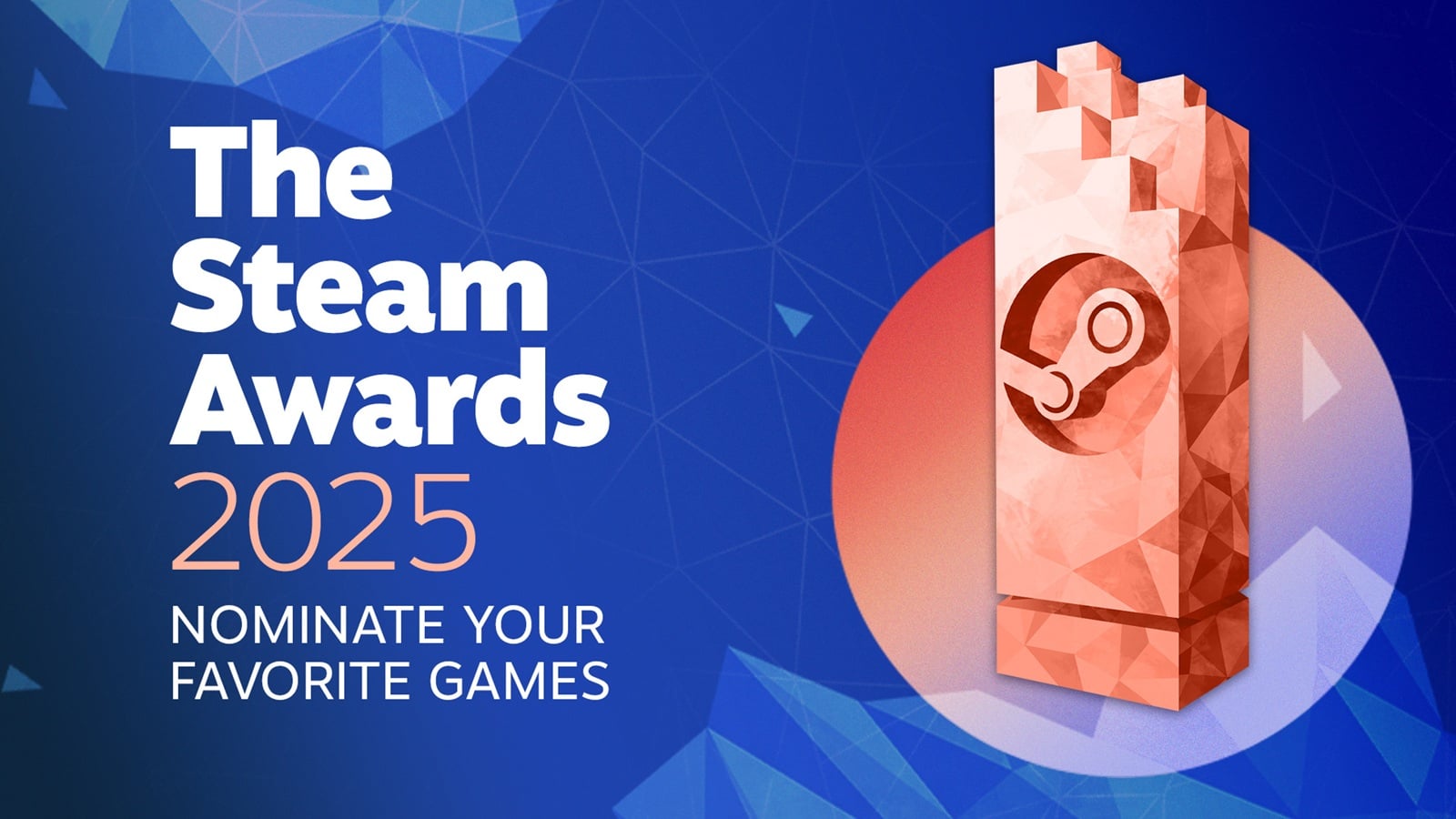A capital letter is a powerful thing. In December 2013, the Daily Dot launched a dedicated esports section. We’re pretty sure we’re the first non-gaming publication to do so, and it was exciting—not the least because fans and gamers reacted with overwhelming positivity. But there was one major problem. Lingering in the middle of the word itself was an oversized “S.” In headlines, regular copy, and even the top of our section, the word looked like the discarded offspring of an Apple product and late-’90s techno-jargon. And readers hated it. Why did we cap that pesky “S”? Simple: When we googled the term, that’s what came up. From Wikipedia to the New York Times, the name was consistent: “eSports.” “Esports” is not a proper noun. It is not a unique person, place, or institution; it is, broadly, a phenomenon, a catch-all term for the world of competitive gaming. Or, to put it in the simplest terms, “esports” is a common noun. And as any first-grade English student will tell you, common nouns don’t get the big-letter treatment. We don’t capitalize “sports” for the same reasons, and we certainly don’t insert capital letters into a word just because it looks more appealing that way. A copyeditor stumbling across “eMail,” for instance, would quit on the spot. So how did this typographical oddity come to propagate across our website and a substantial portion of the Web? Professional publishers of words always follow a generally accepted style for how those words should appear on a page, and they’ve been doing it for generations. The Chicago Manual of Style, first published in 1906, continues to set a standard across the publishing industry. The Modern Language Association guide, which appeared in 1986, lives on English classroom bookshelves across the country. Much like a dictionary and spelling, style guides are important simply because they set a standard. They’re a force of consistency. So, for instance, “website” will never appear on the Daily Dot as “Website” or “Web site.” The Internet will never appear as “internet.” The state of Alabama will always be abbreviated Ala., not AL. The Daily Dot generally adheres to the Associated Press Stylebook, a reference work updated annually by the wire service. It’s followed religiously by newspapers throughout the industry. But the AP Stylebook is not perfect, and where it lacks we have to modify it to fill in the hole. We like serial commas, for example. AP doesn’t. No style guide tells us how to format esports. We don’t need a standard format. Newspapers have written about esports before. So how did they write it out? In the pages of respected journalism institutions, including the New York Times, the Los Angeles Times, and Fortune, esports was always written as eSports. That seemed to be a standard, and that’s what we went with. And the knee-jerk reaction was instantaneous. “Can you guys do me a favor and not capitalize esports?” one person wrote in a Reddit discussion about our launch. “I’m finally starting to come to terms with the name, but I think you’ll agree that you won’t be reading your eMail anytime soon.” “The medial capital in esports needs to be eradicated,” another wrote in an email. “‘Esports’ isn’t a brand name, it’s a common noun, and I don’t understand how writers and editors alike don’t shudder at seeing ‘ESports’ when capitalized at the top of a sentence.
Please join with other publications in not perpetuating this crime against the language!
There’s something more going on here, too, which the outraged commenters didn’t touch on. Esports suffers from a legitimacy problem. Whenever our articles about the industry are shared outside the gaming community—and sometimes even within the gaming community—discussions frequently derail. Commenters focus not on the content of the articles, but rather the very nature of esports. Are players “athletes” or not? Is esports even worth mainstream coverage? One Reddit commenter suggested our esports section invalidated our site’s journalistic legitimacy. That’s why esports deserves a standard style. It deserves better than some typographical distinction. A newspaper’s style ought to be descriptive of how readers (and the whole Internet) are communicating. They shouldn’t be prescriptive—hard and fast rules that contradict the way we usually type and communicate. So, esports and newspaper style fans, we hear you. We feel your typographic anguish. And you are all correct. From now on, “eSports” will always be “esports” on the Daily Dot. Now let’s start talking about the actual stories, for chrissake. Photo by KateTheC/Flickr (remix by Jason Reed)













Published: Jan 17, 2014 08:00 am